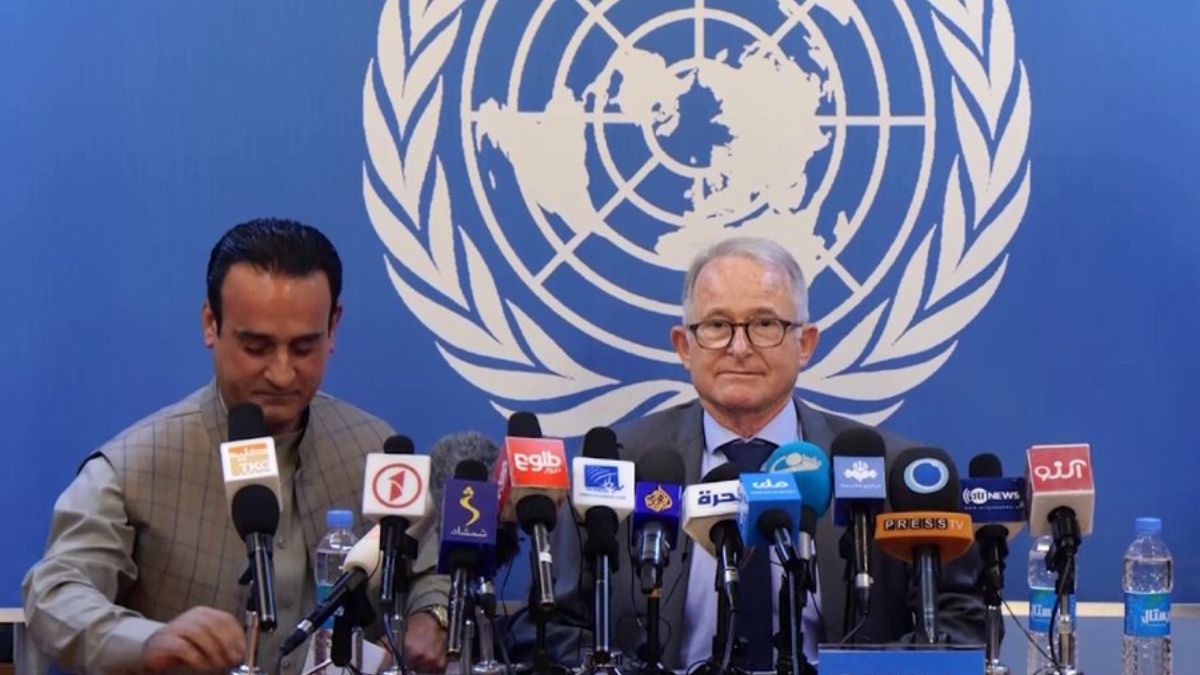The United Nations has sharply criticized Afghanistan’s decision to ban a UN rapporteur from entering the country. The move has drawn significant international attention and condemnation from human rights advocates and diplomatic officials.
The UN rapporteur Richard Bennett, tasked with investigating human rights conditions in Afghanistan, was scheduled to visit the country to assess the situation on the ground. However, the Afghan government’s ban has thwarted these plans, citing concerns over the rapporteur’s impartiality and the potential for destabilizing the region. This action comes amid heightened global scrutiny of Afghanistan’s human rights record, particularly concerning the treatment of women and ethnic minorities.
UN Secretary-General António Guterres expressed deep concern over the ban, emphasizing the importance of independent and unbiased assessments of human rights conditions. He called on the Afghan government to allow the rapporteur’s entry, stating that such access is crucial for providing an accurate portrayal of the human rights situation and for fostering international dialogue.
Human rights organizations have also condemned the ban, arguing that it obstructs essential scrutiny and accountability. Amnesty International and Human Rights Watch have called on the Afghan authorities to reconsider their decision, asserting that transparency and cooperation with international bodies are vital for addressing and improving human rights issues.
The Afghan government’s move is part of a broader pattern of restricting international oversight since the Taliban’s return to power in August 2021. Critics argue that these restrictions impede efforts to provide humanitarian assistance and support to vulnerable populations.
As the international community grapples with the implications of Afghanistan’s decision, calls for increased pressure on the Taliban regime are mounting. The UN and various advocacy groups are emphasizing the need for open channels of communication and cooperation to address ongoing human rights challenges in the region.

